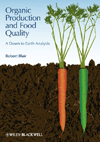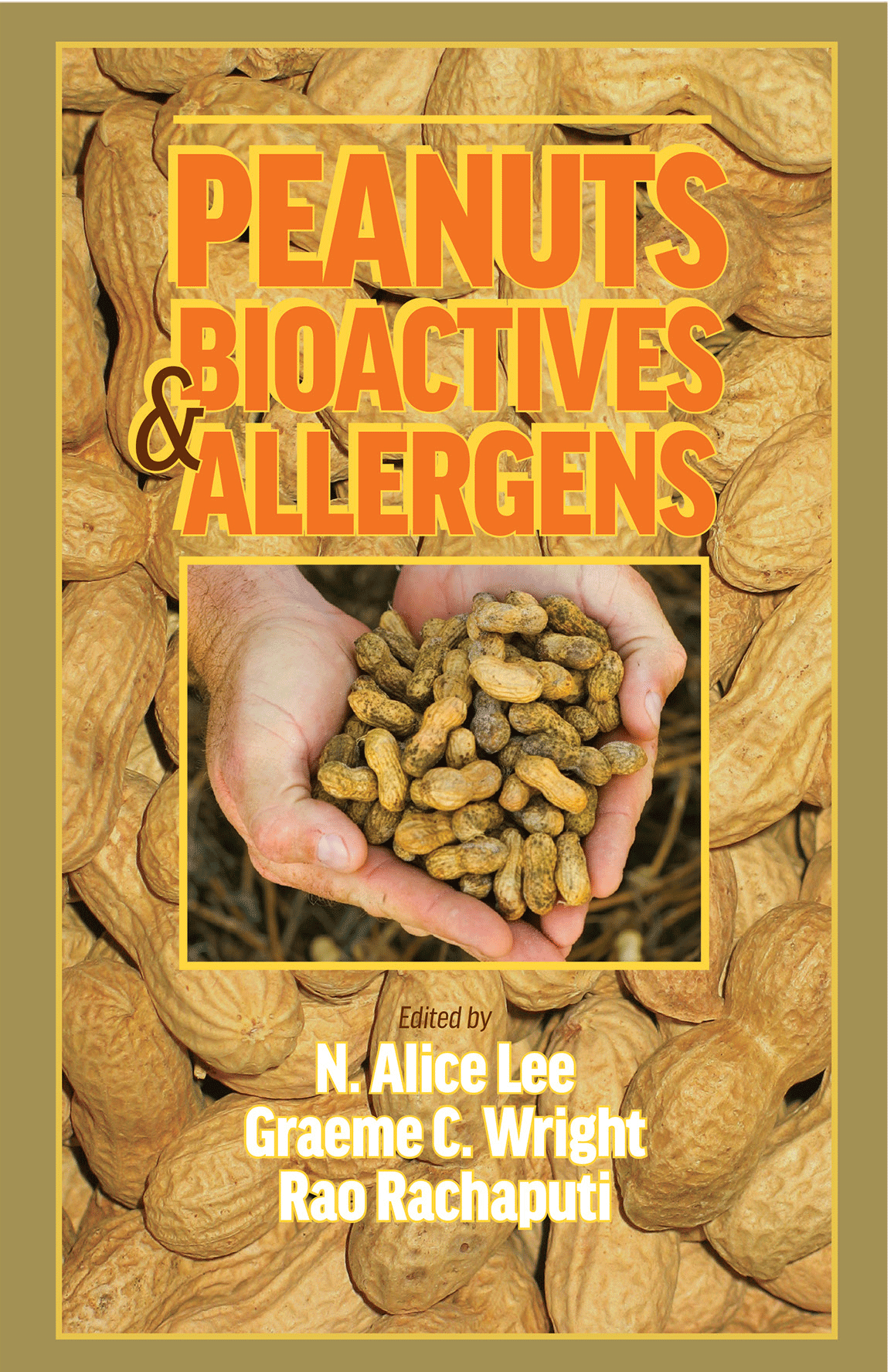SF&WB’s guest columnists offer helpful tips to increase plant capacity and efficiency.
Many challenges face the maintenance department of bakers and snack producers due to increased production hours and less downtime. In addition to more utilization of the ovens and other production equipment, the temperatures and speeds of the oven chains have been increased over the years to produce a greater output of products at a faster rate.
Pushing capacity to the limits now puts more demand on the lubricants that lubricate the chains. One critical decision faced by maintenance personnel involves selecting the correct lubricant to apply onto the chains that promote safety in the workforce and proper lubrication in a 24/7 environment. Most graphite lubricants are hazardous and require turning off the ovens to manually lubricate the chains. On the other hand, high-performance synthetic lubricants are environmentally friendly and allow the chain to be lubricated at all times without stopping production.
Petrochem, Inc. works closely with original equipment manufacturers (OEM’s) in the development of automated lubrication systems and specifications of high-performance, synthetic ester-based lubricants. These advances in lubrication technology deliver the proper amount of oil, where and when it is required. Such procedures promote cleaner, longer-lasting chains, reduce lubricant consumption and provide energy savings.
One common mistake made by maintenance engineers is not applying enough lubricant on to the oven chains, which contributes to significant metal wear and increases the oven’s amperage that puts tensions on the pull of the chain. Another common error involves using an incorrect lubricant, which leads to problems such as carbon buildup, wear, smoke and flash fires. Using the correct lubricant would significantly extend the life of the chains and decrease energy consumption. Maintenance engineering personnel needs to make it their responsibility to be educated about the best lubricants and lubrication systems to use to protect their equipment and increase production.
Customers save a lot of money by applying Petrochem’s OEM-approved, high-performance lubricants by applying it through precise automated lubrication systems. The precise lubrication technology significantly decreases the amperage to run the chains, extends the life of the chain, minimizes frequent chain cleaning and eliminates the possibility of food contamination.
In a food plant, one of the most critical sanitation issues to address during the lubrication process is to ensure the lubricant does not come in contact with the food. Maintenance engineers need to determine if there is a chance the lubricant may or may not come in contact with the food. Lubricants used in food processing plants have either an H-2 or H-1 NSF registration.
The NSF Nonfood Compounds Registration Program is a continuation of the U.S. Department of Agriculture product approval and listing program, which is based on meeting regulatory requirements including FDA 21 CFR for appropriate use, ingredient and labeling.
Products labeled NSF (H2) are acceptable as a lubricant where there is no possibility of food contact in and around food processing areas. Such compounds may be used as lubricants, release agents or antirust films on equipment and machine parts in locations in which there is no possibility of the lubricant or lubricated part contacting edible products.
Products labeled NSF (H1) are acceptable as a lubricant with incidental food contact for use in and around food processing areas. Such compounds may be used on food processing equipment as a protective anti-rust film, as a release agent on gaskets or seals of tank closures and as a lubricant for machine parts and equipment in locations in which there is a potential exposure of the lubricated part to food.
In response, Petrochem, Inc. has introduced two newly developed high-temperature performance, synthetic ester-based oven chain lubricants into the bakery and snack marketplace that comply with the International NSF Registration program.
The company’s Opti-Lube 220 is an NSF (H-2) oven chain lubricant with virtually no carbon formation and lasting wear properties and exhibits very low evaporation rates. With this product, maintenance engineers would not have to be concerned with cleaning the chain frequently. The lubrication cycles also would be extended longer, which decreases lubrication consumption.
For instance, the company’s Petro-Syn FG-220 is a NSF (H-1) food-grade synthetic ester-based lubricant. Most food grade, high-temperature chain lubricants create severe buildup on the chains and lead to frequent cleaning. Petro-Syn FG-220 has very low carbon residue formation, long-lasting wear properties and high evaporation rates. This product also decreases the time that maintenance engineers spend on cleaning or replacing chains.
In summary, maintenance engineering time is valuable and should not be wasted performing tedious tasks that can be minimized by preventative maintenance practices. If proper lubrication technology is in place, issues of food contamination, energy consumption and labor cost will be reduced. Instead of spending countless hours manually lubricating chains, cleaning chains, removing or installing new chains, maintenance can dedicate their time to other valuable engineering duties.
Editor’s Note: Carole Sluski, president of Petrochem, Inc., and Jill Dohner, vice president of the St. Charles, Ill.-based company, wrote this column for Snack Food & Wholesale Bakery. For more information, go to www.petrochem1.com, info@petrochem1.com or 1-630-513-6350.
How Lubricants Can Reduce Costly Downtime
Looking for a reprint of this article?
From high-res PDFs to custom plaques, order your copy today!







